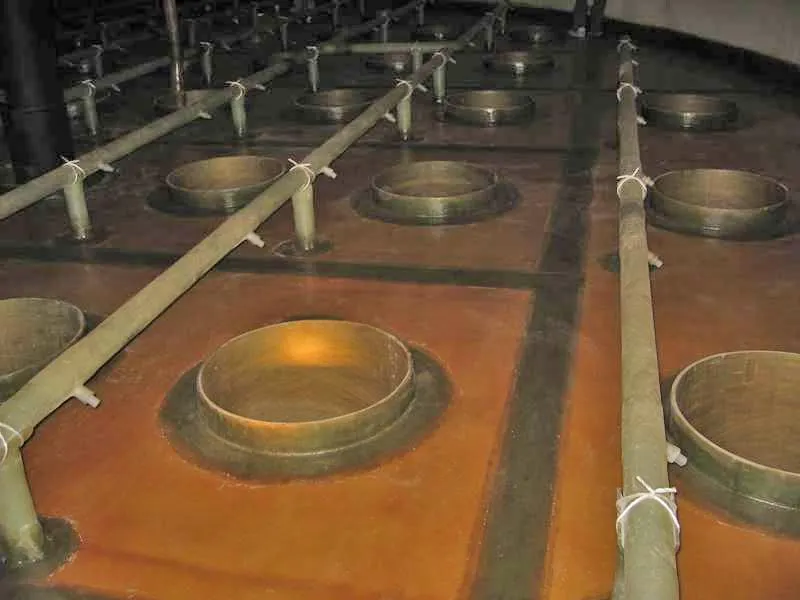
-
 Afrikaans
Afrikaans -
 Albanian
Albanian -
 Amharic
Amharic -
 Arabic
Arabic -
 Armenian
Armenian -
 Azerbaijani
Azerbaijani -
 Basque
Basque -
 Belarusian
Belarusian -
 Bengali
Bengali -
 Bosnian
Bosnian -
 Bulgarian
Bulgarian -
 Catalan
Catalan -
 Cebuano
Cebuano -
 China
China -
 China (Taiwan)
China (Taiwan) -
 Corsican
Corsican -
 Croatian
Croatian -
 Czech
Czech -
 Danish
Danish -
 Dutch
Dutch -
 English
English -
 Esperanto
Esperanto -
 Estonian
Estonian -
 Finnish
Finnish -
 French
French -
 Frisian
Frisian -
 Galician
Galician -
 Georgian
Georgian -
 German
German -
 Greek
Greek -
 Gujarati
Gujarati -
 Haitian Creole
Haitian Creole -
 hausa
hausa -
 hawaiian
hawaiian -
 Hebrew
Hebrew -
 Hindi
Hindi -
 Miao
Miao -
 Hungarian
Hungarian -
 Icelandic
Icelandic -
 igbo
igbo -
 Indonesian
Indonesian -
 irish
irish -
 Italian
Italian -
 Japanese
Japanese -
 Javanese
Javanese -
 Kannada
Kannada -
 kazakh
kazakh -
 Khmer
Khmer -
 Rwandese
Rwandese -
 Korean
Korean -
 Kurdish
Kurdish -
 Kyrgyz
Kyrgyz -
 Lao
Lao -
 Latin
Latin -
 Latvian
Latvian -
 Lithuanian
Lithuanian -
 Luxembourgish
Luxembourgish -
 Macedonian
Macedonian -
 Malgashi
Malgashi -
 Malay
Malay -
 Malayalam
Malayalam -
 Maltese
Maltese -
 Maori
Maori -
 Marathi
Marathi -
 Mongolian
Mongolian -
 Myanmar
Myanmar -
 Nepali
Nepali -
 Norwegian
Norwegian -
 Norwegian
Norwegian -
 Occitan
Occitan -
 Pashto
Pashto -
 Persian
Persian -
 Polish
Polish -
 Portuguese
Portuguese -
 Punjabi
Punjabi -
 Romanian
Romanian -
 Russian
Russian -
 Samoan
Samoan -
 Scottish Gaelic
Scottish Gaelic -
 Serbian
Serbian -
 Sesotho
Sesotho -
 Shona
Shona -
 Sindhi
Sindhi -
 Sinhala
Sinhala -
 Slovak
Slovak -
 Slovenian
Slovenian -
 Somali
Somali -
 Spanish
Spanish -
 Sundanese
Sundanese -
 Swahili
Swahili -
 Swedish
Swedish -
 Tagalog
Tagalog -
 Tajik
Tajik -
 Tamil
Tamil -
 Tatar
Tatar -
 Telugu
Telugu -
 Thai
Thai -
 Turkish
Turkish -
 Turkmen
Turkmen -
 Ukrainian
Ukrainian -
 Urdu
Urdu -
 Uighur
Uighur -
 Uzbek
Uzbek -
 Vietnamese
Vietnamese -
 Welsh
Welsh -
 Bantu
Bantu -
 Yiddish
Yiddish -
 Yoruba
Yoruba -
 Zulu
Zulu
High-Quality FRP Blind Flange - Durable & Reliable Solutions
Understanding FRP Blind Flanges Features and Applications
Fiberglass Reinforced Plastic (FRP) blind flanges are essential components in various piping systems, particularly in industries that require corrosion resistance. Unlike traditional metal flanges, FRP blind flanges are composed of a polymer matrix reinforced with fiberglass, providing a lightweight yet robust solution for sealing the ends of pipes, valves, and other equipment.
What is a Blind Flange?
A blind flange is a solid disk that is used to close the end of a piping system. Unlike other flanges that are designed to connect to another pipe or equipment, a blind flange does not have a bore. Its primary purpose is to seal the system, preventing the entry of foreign materials and ensuring safe operation. Blind flanges can be found in various materials, but FRP is favored in specific applications due to its unique properties.
Advantages of FRP Blind Flanges
1. Corrosion Resistance One of the most significant advantages of FRP blind flanges is their resistance to corrosion. In environments where aggressive chemicals or moisture are present, traditional metal flanges can corrode and weaken over time. FRP offers excellent durability, extending the lifespan of the piping system significantly.
2. Lightweight FRP materials are considerably lighter than metals, making transportation and installation easier. This characteristic can reduce labor costs and simplify the overall installation process, particularly in large-scale projects.
frp blind flange

3. Thermal Insulation FRP has excellent thermal insulation properties, which helps in maintaining the temperature of the fluid within the pipes. This feature is particularly beneficial in systems where temperature control is critical.
4. Cost-Effective Although the initial cost of FRP materials can be higher than some metals, their long-term durability and low maintenance needs can lead to significant savings. The reduced frequency of replacements and repairs adds to the overall cost-effectiveness.
Applications
FRP blind flanges are commonly used in industries such as chemical processing, wastewater treatment, and oil and gas. These sectors often deal with corrosive substances, making FRP an ideal choice for ensuring the integrity and safety of pipelines. In wastewater treatment facilities, for instance, FRP blind flanges help in sealing tanks and pipes, minimizing the risks associated with leaks and contamination.
Conclusion
In summary, FRP blind flanges are a vital component in modern piping systems, offering a range of advantages including corrosion resistance, lightweight construction, and cost-effectiveness. As industries continue to evolve and prioritize safety and efficiency, the demand for innovative solutions like FRP blind flanges will likely increase. Understanding their features and applications can help engineers and project managers make informed decisions that lead to enhanced system performance and longevity. Whether you are involved in the design, installation, or maintenance of piping systems, considering FRP blind flanges can be a strategic choice for a variety of applications.
Latest news
-
Exploring the Benefits of Top Hammer Drifter Rods for Enhanced Drilling PerformanceNewsJun.10,2025
-
High-Precision Fiberglass Winding Machine for GRP/FRP Pipe Production – Reliable & Efficient SolutionsNewsJun.10,2025
-
FRP Pipes & Fittings for Shipbuilding - Corrosion-Resistant & LightweightNewsJun.09,2025
-
Premium FRP Flooring Solutions Durable & Slip-ResistantNewsJun.09,2025
-
Premium Fiberglass Rectangular Tanks Durable & Lightweight SolutionNewsJun.09,2025
-
Tapered Drill String Design Guide Durable Performance & UsesNewsJun.09,2025









